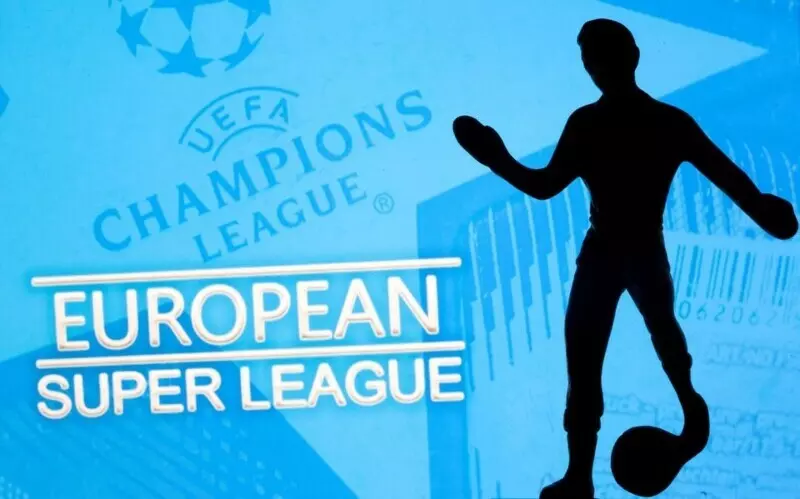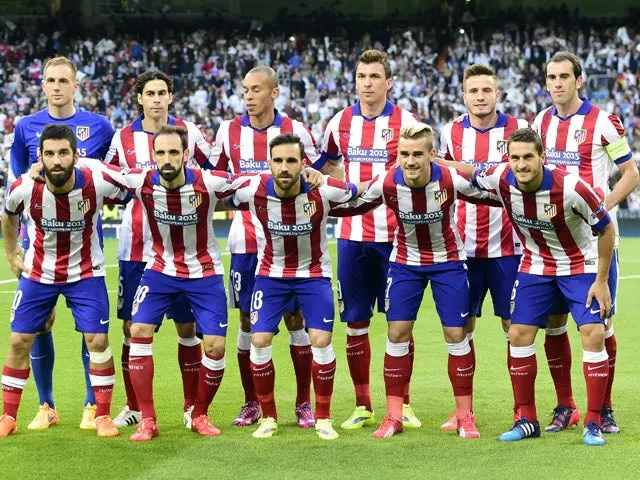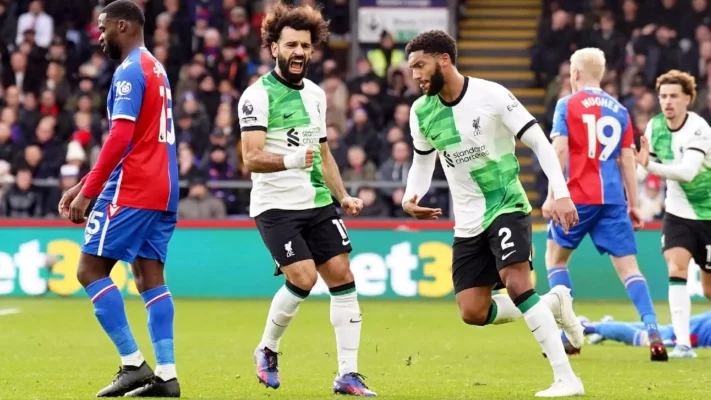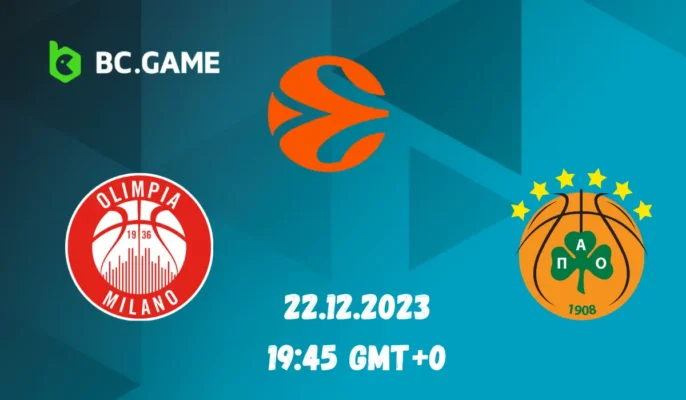
The European football scene witnessed a significant shift with four of the six English clubs that initially joined the European Super League (ESL) two years ago reaffirming their commitment to UEFA and traditional European football structures. This development followed the European Court of Justice’s surprising decision to give the ESL a lifeline. The clubs – Manchester United, Tottenham, Chelsea, and Manchester City – along with various other football entities, released statements in response to the unfolding events.
Manchester United’s Stance: Manchester United led the Premier League clubs in issuing a statement, emphasizing their unchanged position and ongoing commitment to UEFA competitions and collaboration through the European Club Association for the betterment of European football.
Other Clubs’ Responses: Similarly, the other clubs echoed Manchester United’s sentiments, reinforcing their loyalty to UEFA and traditional football structures.
ECJ Ruling: A Game Changer
The Grand Chamber of the European Court of Justice (ECJ) delivered a ruling that has significant implications for football governance:
- FIFA and UEFA Rules Challenged: The court declared that FIFA and UEFA’s rules requiring prior approval for interclub competitions like the Super League are against EU law.
- UEFA’s Dominance Questioned: The court accused UEFA of abusing a dominant position, highlighting its failure to establish transparent, objective, non-discriminatory, and proportionate rules for authorizing new competitions.
The Super League’s Revival
In response to the court’s verdict, A22 Sports, the entity managing the Super League, announced the competition’s relaunch with notable changes:
The revamped Super League will now include 64 teams in the men’s category and 32 in the women’s, featuring divisions with promotion and relegation. A22’s CEO Bernd Reichart announced that all Super League matches would be streamed live for free on an in-house app named Unify.
UEFA’s Firm Stance
Following the court’s decision, UEFA President Aleksander Ceferin, along with key football figures, held a press conference to address the situation:
- Ceferin’s Reaction: Ceferin expressed a mix of shock and amusement towards the Super League’s presentation, hoping for its swift start with its limited club participation.
- UEFA’s Confidence: UEFA released a statement asserting the robustness of its new rules, confident in their compliance with European laws and regulations. The organization remains dedicated to protecting the European football pyramid against breakaway threats.

Solidarity in Football
The flood of supportive statements from various football entities suggests a general reluctance to disrupt the existing football order:
Real Madrid and Barcelona’s, these clubs were the only ones to openly support the Super League, with Madrid’s president Florentino Pérez hailing the day as historic for football and sport. The Premier League reaffirmed its commitment to open competition principles, highlighting the importance of promotion, relegation, and domestic football weekends.
Players’ Perspective
The Professional Footballers’ Association commented on the ruling, pointing out the oversight of governing bodies in considering the needs of the game:
A Wake-Up Call: The association called for better engagement and consultation, acknowledging the concerns and opposition from leagues, clubs, players, and their unions.
Looking Ahead
As the European football landscape continues to evolve, the recent developments and rulings pave the way for ongoing discussions and potential changes in the governance and structure of European football. The situation remains dynamic, with stakeholders from various sectors of the sport closely monitoring and responding to the unfolding events.







